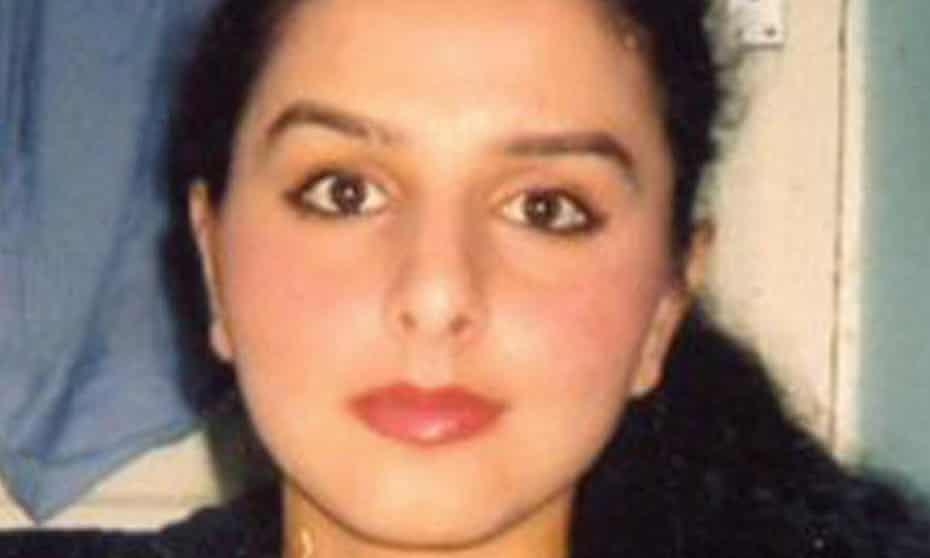
(I have written this piece in response to this article in the Guardian: https://www.theguardian.com/society/2021/oct/31/honour-based-offences-soared-by-81-in-last-five-years?fbclid=IwAR0oPAtHezw6ciy4Ra3vbnmTaFI0Yy8awMMsl3bzMdlqfPE1zt3p0zaRCq8)
The so-called honour-based violence against girls and women are perverted acts of maniacs created by systems, developed over long historical processes, to keep women in a state of fear and subordination all their life, and to justify that situation and keep the system intact.
Based on my experience and knowledge, honour-based violence against women and girls was quite common when I was growing up in Newham, London, in the 1970s and 1980s. This kind of violence against girls was common among the migrants of all communities from the Indian subcontinent, although were less so among the Gujarati Hindus from East Africa.
There were two murders of Indian females in Upton Park, one in 1979 or 1980, by her husband, a taxi driver from Delhi, as reported in the local press if I remember correctly. It happened on a busy weekday morning around 8.00 am in Upton Park Road. The exact spot was opposite Plashet Road outside the post office. She lived in Forest Gate or somewhere around the end of Green Street. She was walking to Upton Park Station to go to work. Her husband followed her from home and stabbed her to death in front of everyone on the road. There were also children walking to school or waiting at the nearby bus stop.
The second was the murder of Joyti, a young 14- or 15-years old girl. She was killed by her brother at home in Thorngrove Road, Upton Park, London, around the same time, the late 70s or early 80s. She was bubbly, from a Punjabi Hindu background, friendly, exceptionally well-liked young lady. I knew her a bit and spoke to her several times on the street. There were many rumours as to why her brother killed her. All of them were honour-based reasons. I do not remember what sentence her brother got, but he would have been out a long ago and now probably enjoying his life, either guilt-ridden or well satisfied that he managed to preserve the honour of his family. While his sister’s cremated body’s ashes have been going through the Earth’s various weather and living cyclical processes.
Honour-based violence seems to have reduced among the Hindus and Sikhs in the UK compared to the country’s highly diverse Muslim communities. This state of thing must change fast as every life matters.
